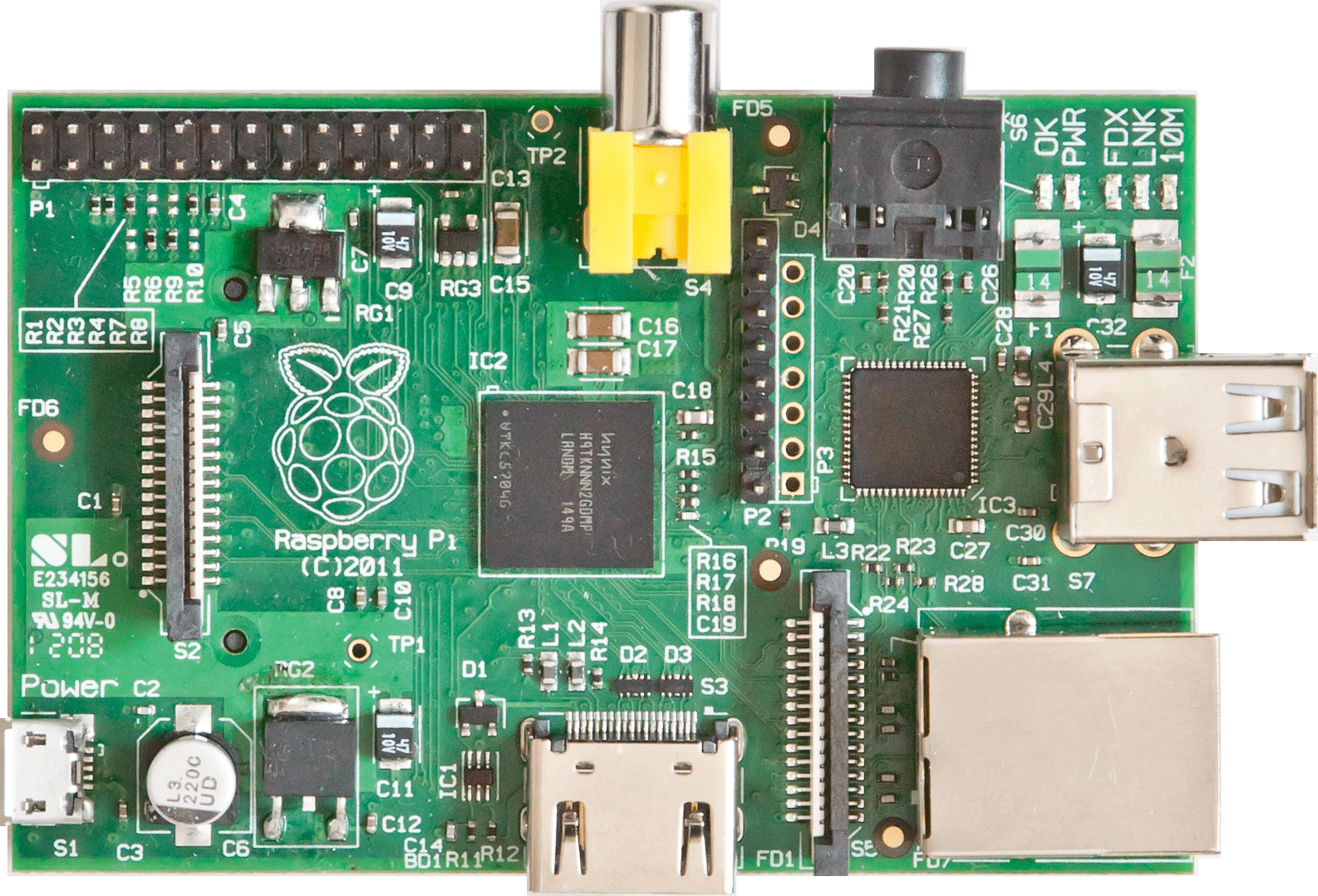RaspberryPi start program on boot
RaspberryPi start program on boot
Using raspberry-pi as an autonomous device will require automatic execution of your programs at boot time. In this post we will explain a way to setup the raspberry-pi device to run programs automatically on boot.
Auto start programs using /etc/rc.local
Edit the /etc/rc.local file
sudo nano /etc/rc.local
Important:
- If your command runs continuously (for example running the door security project), be sure to end the command with an “&” (that will allow execution as a new process – fork)
- Reference the absolute filename instead of relative path to your home folder; for example /home/pi/doorsensor-1.0.0-SNAPSHOT/door.sh rather than door.sh .
Example of rc.local
#!/bin/sh -e # # rc.local # # This script is executed at the end of each multiuser runlevel. # Make sure that the script will "exit 0" on success or any other # value on error. # # In order to enable or disable this script just change the execution # bits. # # By default this script does nothing. # Print the IP address _IP=$(hostname -I) || true if [ "$_IP" ]; then printf "My IP address is %s\n" "$_IP" fi sudo /home/pi/doorsensor-1.0.0-SNAPSHOT/door.sh & exit 0
Reference documentation: https://www.raspberrypi.org/documentation/linux/usage/rc-local.md




